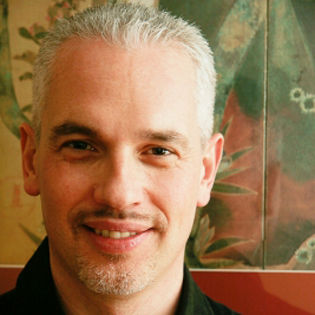A Micro-Historical Approach to Global China: The Daily Life of Europeans in Beijing in the Long 18th Century
- Location
- Cambridge University, Ramsden Room in St. Catharine's College
- Dates
- Thursday 11 June 2015 (16:00-18:00)

Global China: New Approaches lecture series
Funded by the Chiang Ching-kuo Foundation for International Scholarly Exchange.
Speaker: Eugenio Menegon (Boston University)
Abstract
One of the challenges of the new global history is to bridge the particularities of individual lives and trajectories with the macro-historical patterns developing over space and time. The approach of Italian micro-history, particularly popular in the 1980s and 1990s, has been to excavate the life of small communities or individuals to test the findings of serial history and macro-historical approaches. Micro-history in the Anglophone world has instead focused more on narrative itself, and shown less interest for ampler historiographical conclusions. F. Trivellato recently suggested a need to ‘blend together social scientific analysis and narration… on the global stage’ (‘Is there a future for Italian Microhistory in the Age of Global History?’ California Italian Studies, 2011). Sino-Western interactions offer a particularly fruitful field of investigation of phenomena that are traceable in economic and statistical series, thanks to the survival of detailed records of East India Companies and missionary agencies regarding their activities in China. Recent scholarship has started to offer new conclusions, based on such Western records, and matching recods in the Chinese historical archive. In my contribution I plan to focus on the economic and socio-religious activities of the Roman Catholic mission in Beijing in the long 18th century (1670s – 1820s), in an attempt to reconstruct local and global networks supporting the mission, and their workings. By maintaining a balance between analysis and narration, I aim to uncover unexplored facets of Chinese life in global contexts from the point of view of the ‘end users’ of the global networks of commerce and religion bridging Europe, Asia, Africa, and South and Central America, i.e. the European missionaries and the Chinese Christians in the Qing capital.
Speaker Biography
Eugenio Menegon, Director of the Boston University Center for the Study of Asia and Associate Professor of History at Boston University. Author of Ancestors, Virgins, and Friars: Christianity as a Local Religion in Late Imperial China (Harvard University Press, 2009).
All welcome!
Bursaries are available for undergraduate and postgraduate attendance of the lectures.